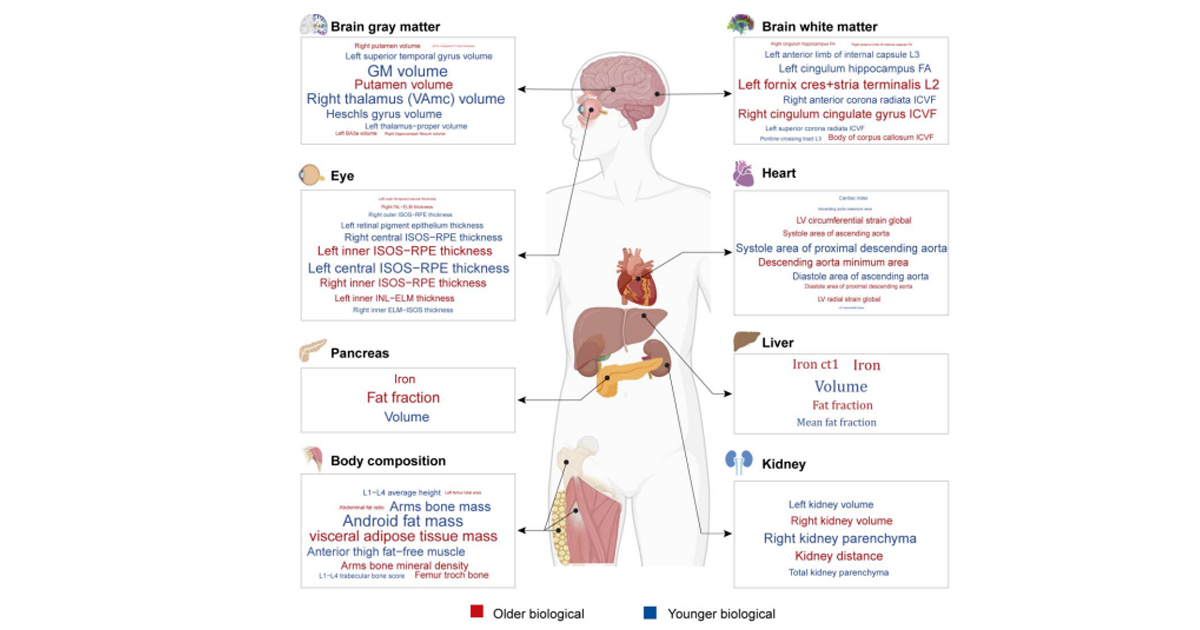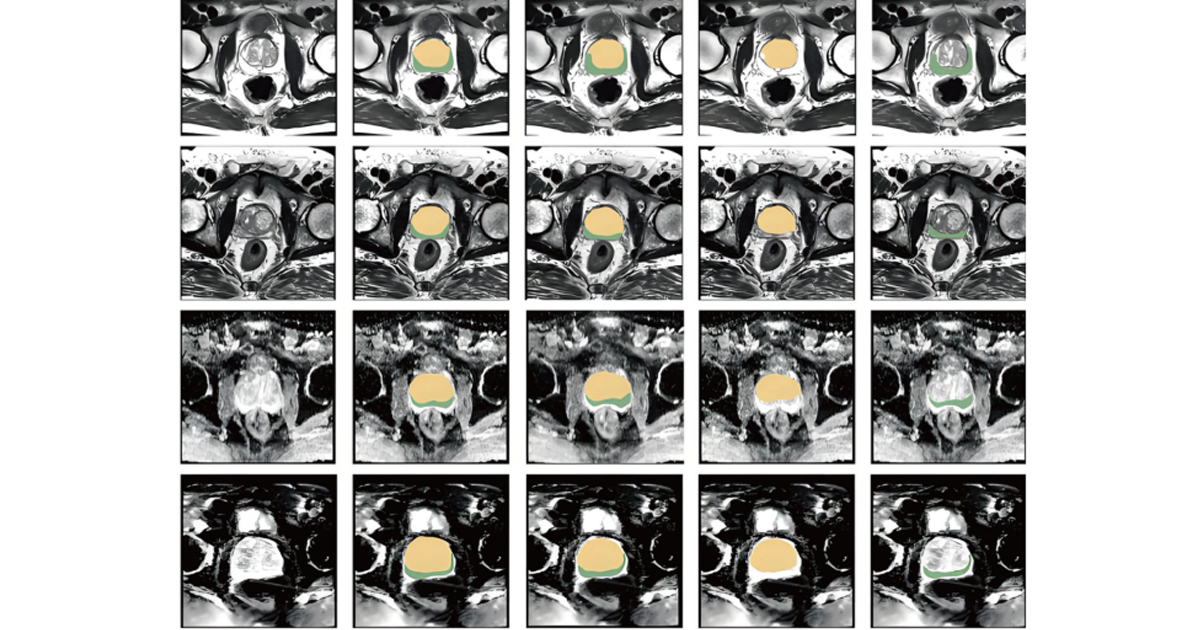La Universidad de Stanford a través de sus departamentos de Genética, Genética y Ciencia de Datos Biomédicos, el programa de Genómica Clínica en colaboración con La escuela de Medicina Icahn en Nueva York, publicaron el articulo: “Aplicaciones de salud digital para ensayos clínicos farmacogenéticos” en la revista científica Genes.
El artículo describe la importancia de la aplicación de las tecnologías en Digital Health a través del análisis de datos para comprender mejor los comportamientos relacionados con la salud y así mejorar la atención clínica centrada en el paciente.
“La digital health se utiliza cada vez más en ensayos clínicos, y un campo importante que podría beneficiarse potencialmente de la incorporación de digital health en el diseño de los ensayos es la farmacogenética. Los ensayos farmacogenéticos prospectivos suelen comparar un grupo de atención estándar con un grupo terapéutico guiado por farmacogenética,” explican los autores.
Los ensayos regularmente requieren de muchos participantes y en situaciones y condiciones muy específicas, lo que resulta una tarea complicada para los investigadores el reclutar a pacientes que estén dispuestos a participar por lapsos largos en una investigación clínica. Es por ello, que la utilización de herramientas de Digital Health, como aplicaciones médicas, pueden reducir la carga de trabajo de los investigadores y médicos, en específico en ensayos clínicos farmacogenéticos que son los que aborda el artículo.

Algunos casos de uso de aplicaciones de Digital Health incluyen:
- Selección y reclutamiento automático de pacientes basados en registros médicos electrónicos.
- Sitios web interactivos para la participación de los participantes.
- Visitas domiciliarias y de telehealth para conveniencia del paciente (por ejemplo, muestras para análisis de laboratorio, exámenes físicos, administración de medicamentos).
- Aplicaciones de atención médica para recopilar resultados informados por los pacientes, eventos adversos y medicamentos concomitantes, y para brindar información terapéutica a los pacientes.
- Dispositivos portátiles para recolectar signos vitales, electrocardiogramas, calidad del sueño y otras variables clínicas discretas.
En la investigación también se encargaron de evaluar las características de ensayos clínicos remotos, realizaron una revisión de artículos que hayan completado ensayos a través de digital health. Las características más importantes de herramientas digitales detalladas en uno de los artículos revisados fueron la: captura directa de datos, consentimiento electrónico, diarios electrónicos y un dispositivo sensor de parche de astigrafía portátil.
“Las tecnologías DH se incorporan cada vez más a los ensayos clínicos para facilitar nuevos flujos de trabajo y resultados de ensayos, disminuir la carga de los participantes, realizar operaciones rentables y acelerar el descubrimiento científico”, concluyeron los investigadores.
Consulta el artículo completo a través del siguiente enlace: https://www.mdpi.com/2073-4425/11/11/1261/htm







